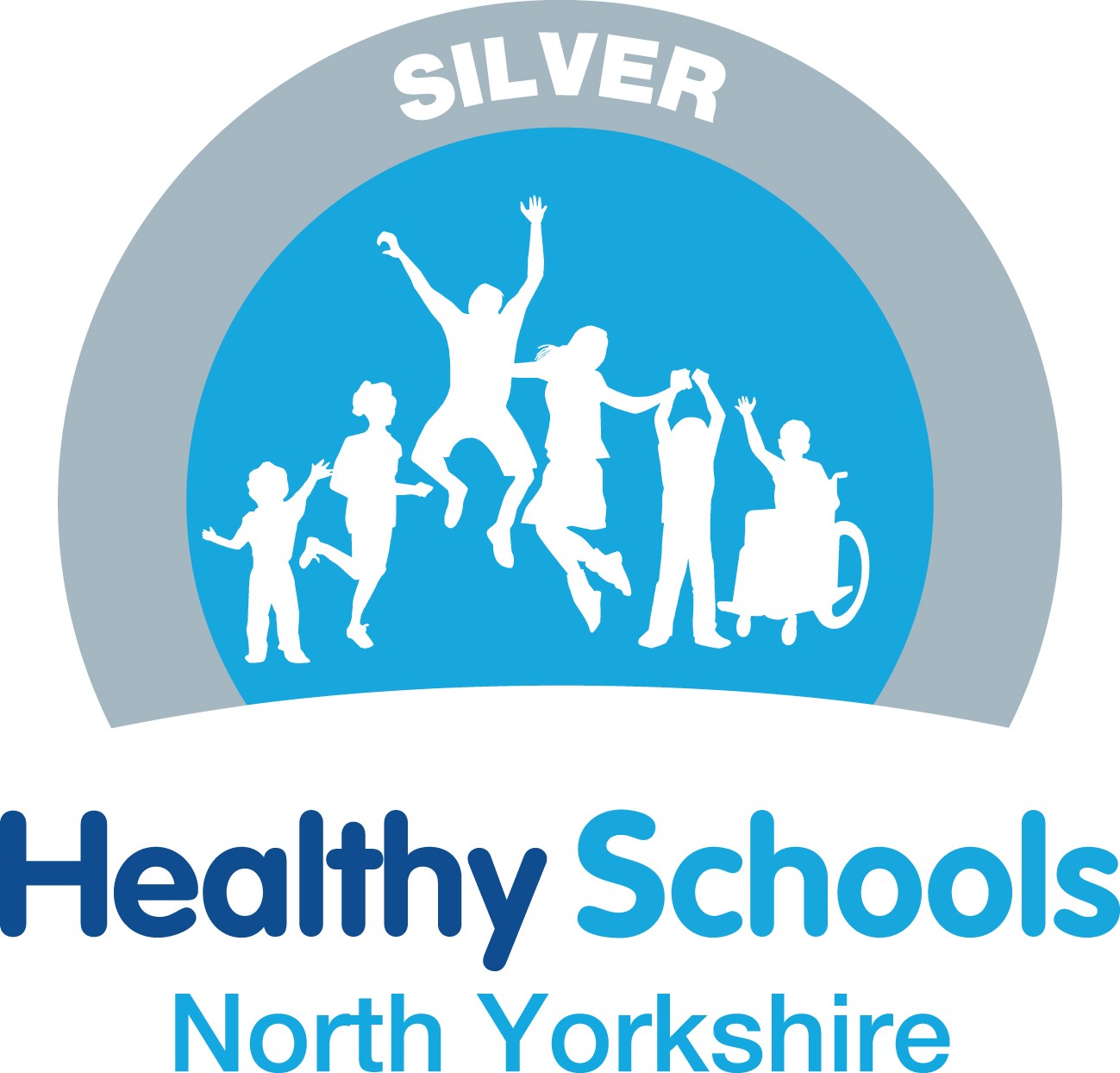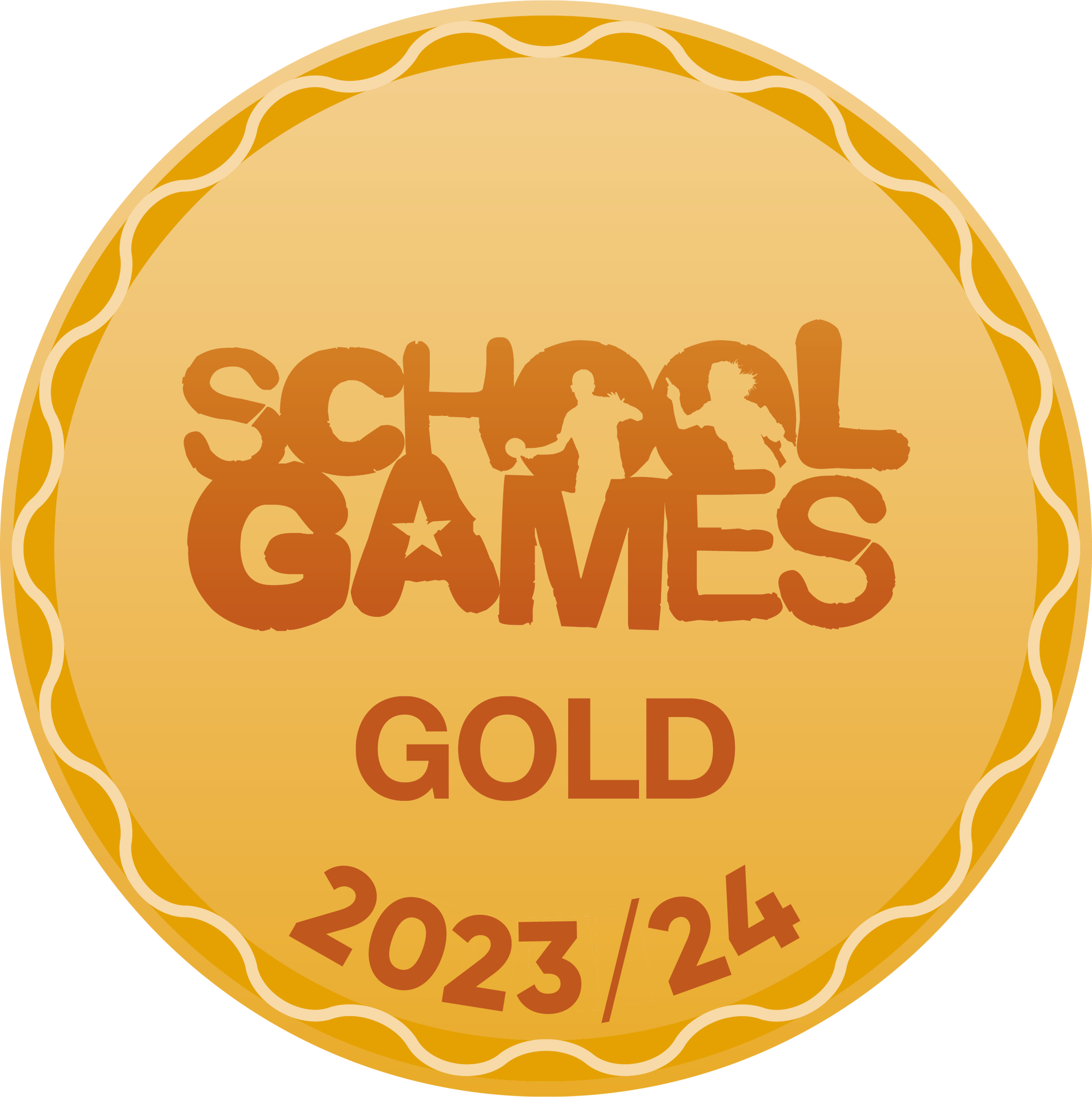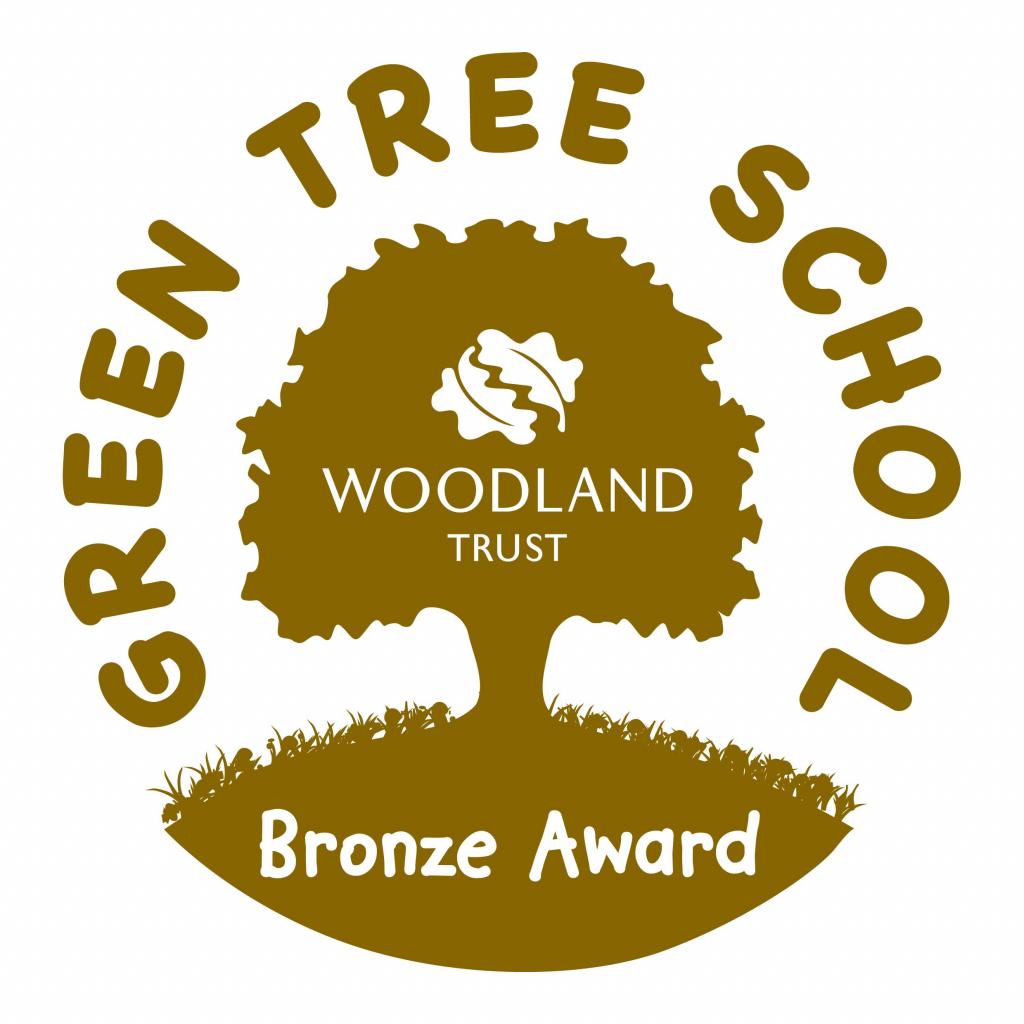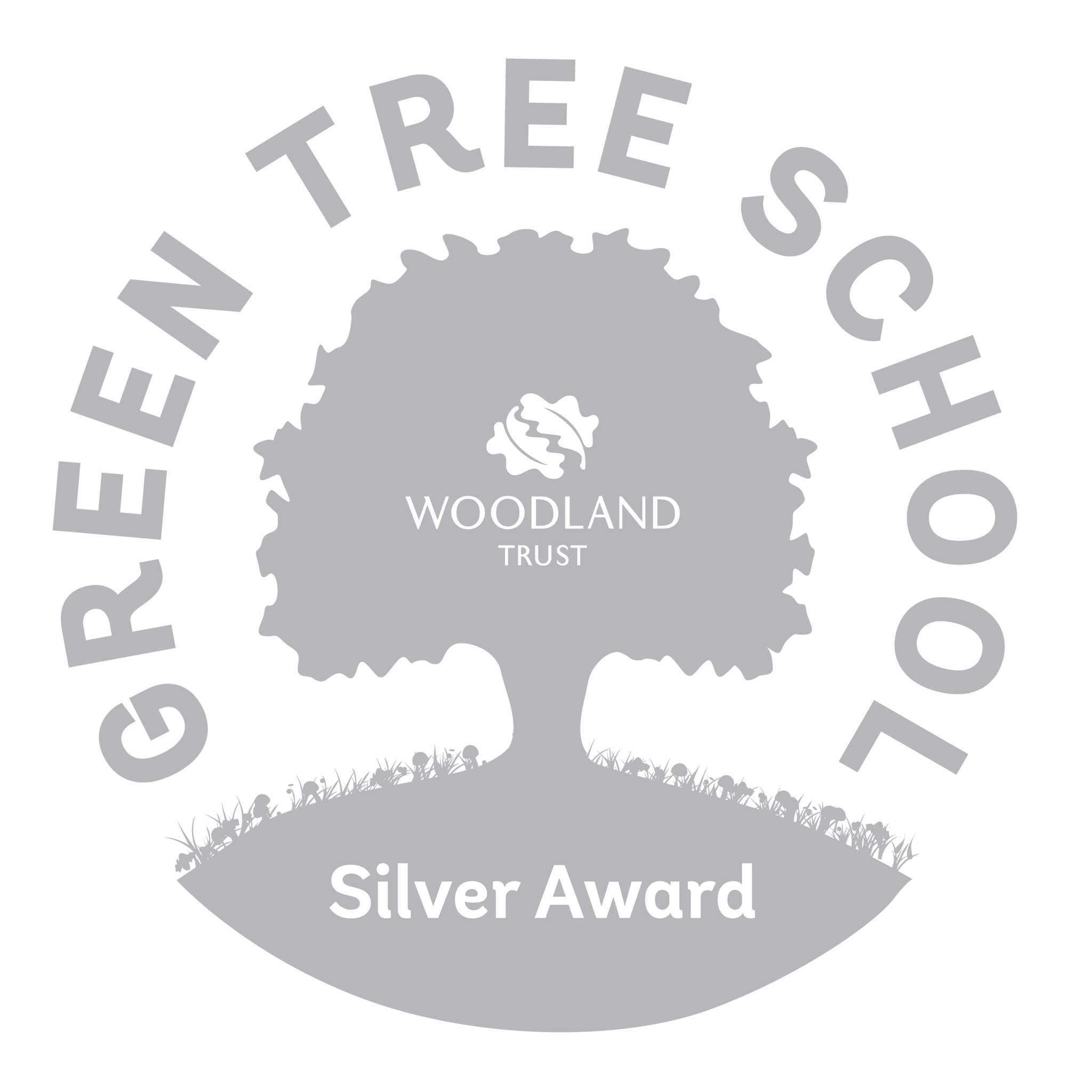Our subject leader for science is Mrs Nicola Whitwell
At Thornton-In-Craven Primary School we recognise the importance of Science in every aspect of daily life. As one of the core subjects taught in Primary Schools, we give the teaching and learning of Science the prominence it requires. The Scientific area of learning is concerned with increasing pupils’ knowledge and understanding of our world, and with developing skills associated with Science, encouraging inquiry based learners. The experience of pupils using Scientific methods of investigation should develop the natural curiosity of the child, encourage respect for living organisms and the physical environment and provide opportunities to developing children’s questioning. The National Curriculum will provide a structure and skill development for the science curriculum taught throughout the school, which is linked into our knowledge based curriculum learning. We endeavour to ensure that the Science curriculum we provide, will give children the confidence and motivation to continue to further develop their skills into the next stage of education and adulthood.
Intent
The intent of our Science curriculum is to deliver a curriculum which is accessible to all and that will maximise the outcomes for every child so that they know more, remember more and understand more. As a result of this they will:
- develop scientific knowledge and conceptual understanding through the specific disciplines of Biology, Chemistry and Physics;
- develop understanding of the nature, processes and methods of Science through different types of science enquiries that help them to answer scientific questions about the world around them;
- be equipped with the scientific knowledge required to understand the uses and implications of Science, today and for the future.
Implementation
Clear and comprehensive scheme of work in line with the National Curriculum
A clear Long Term Plan shows progression development and actions opportunities to enhance the curriculum. Long Term Planning will engage learning throughout the year so time is given to observe development e.g. watching seasons change, plants grow and life cycles produced. Teaching and Learning will show progression across all key stages within the strands of Science.
Children will be able to build on prior knowledge and link ideas together, enabling them to question and become enquiry based learners.
Knowledge and understanding of Scientific Vocabulary
Children will have access, through display and lessons, to key vocabulary and readily apply scientific terminology to their written and verbal communication of their skills.
Varied lessons developing to develop and engage scientific learning
Children access and acquire learning through practical experiences, using a variety of scientific equipment (including digital equipment) and secondary sources. Teaching and learning should plan for half-termly practical lessons and provide opportunities for the children to investigate in a variety of contexts and to provide outdoor learning where relevant. Teaching will develop an enthusiasm and enjoyment of scientific learning and discovery. Children will record their ‘learning’ using scientific vocabulary, predictions, observation, recording and conclusions.
Impact
- Children will achieve age related expectations in Science at the end of their cohort year.
- Children will retain knowledge that is pertinent to Science with a real life context.
- Children will be able to question ideas and reflect on knowledge.
- Children will work collaboratively and practically to investigate and experiment.
- Children will be able to explain the process they have taken and be able to reason scientifically.
Time Allocation
Science is taught weekly, with termly or half-termly units – the Long Term Plan also shows how some units are developed during the course of the year. A science week is also held in March each year where science is taught throughout other subjects and ‘practical enquiry’ forms a key focus to lessons.
Responsibilities - The Science Co-ordinator is responsible for:
- Monitoring the teaching and learning of Science and to ensure that children know more, remember more and understand more about Science.
- Overseeing and implementing the policy.
- Writing an annual action plan for The School Improvement Plan and evaluating progress throughout the year.
- Attending INSET and local Network meetings to provide staff with appropriate feedback.
- Attending regular courses to keep knowledge up to date and feedback to staff upon return.
- STEM Membership to keep up to date which developments in Primary Science.
- As a curriculum leader in Science, recognise the importance to ensure that children with identified Special Educational Needs and/or Disabilities have access to an ambitious Science curriculum. Within the curriculum area of Science, SEND children will be provided with reasonable adjustments through their tasks and level of challenge provided. Advice can be sought from the school's SENDCO where applicable.
Science Poster Competition 2025
Lots of children entered the science competition producing some fantastic posters all about how things change and adapt. Congratulations to our worthy winners!
Life cycles
The children in Oak class have enjoyed their hands on learning this half term. They have been learning about life cycles and have observed the hatching of 2 chicks in the classroom. Meet 'Boo' and 'Pumpkin'.
.png)
.png)
Science Inspiring Activities...







.png)
.jpg)







.png)



